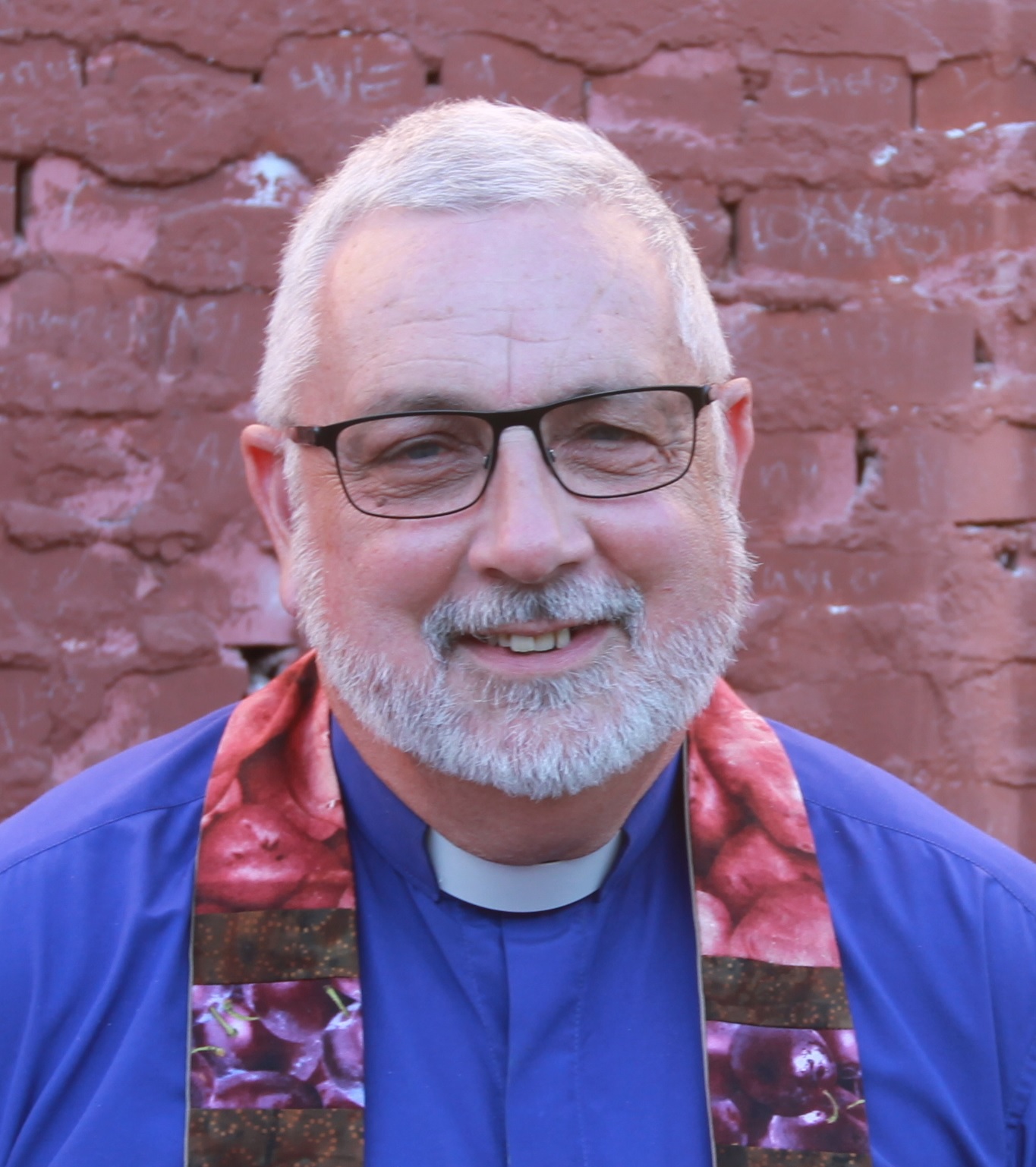
Off and on over the years I have gotten addicted to various puzzles, computer games, and the like. If you’re like me, I think you’ll find that you get particularly hooked when you feel that you almost have one solved, but not quite. I find myself saying, “I’ll try just one more thing, and then I’ll quit.” And when that doesn’t quite work, “Just one more try, just one more try” . . . until it’s three o’clock in the morning.
A sense of nearness can motivate us to keep trying. It can also be painful. It is much worse to lose a lottery by just one digit than by many, or to miss a train by just seconds, rather than by half an hour. Often in life we experience a sense of aching nearness. The more we want something and the closer it seems, the more we ache for it.
Jesus was overwhelmed by just such a sense of aching nearness. His utter conviction that the kingdom of heaven had drawn near inspired in him a burning desire to communicate that sense of nearness to others. This, I believe, is the source of the impatience and frustration that sometimes leaks out in the Gospel stories.
“How foolish you are,” Jesus says, “and slow of heart to believe all that the prophets have declared!” I can imagine him thinking to himself, “It is so-o-o near, so near—why can’t they wake up and see it?” Today I am beginning a series of sermons on the sayings of Jesus, starting with Mark 1:15—“The time is fulfilled, the kingdom of God has become near; repent and believe the good news.”
This is the first saying recorded in the Gospel of Mark, which most scholars consider the first of the Gospels to have been written. So it makes sense to start here. More importantly, this saying both begins and summarizes the teaching of Jesus.
The keynote of Jesus’ teaching is precisely the nearness of the kingdom of God. What then is the kingdom of God, the reign of heaven on earth? It is based on reconciliation. It is a place of justice in peace. The kingdom of heaven on earth is a place where we need not.
For Jesus, this way of life was so close he could taste it. This short saying is so central to the understanding of the Gospel that it is helpful to examine it almost word by word. “The time is fulfilled, the kingdom of God has become near.” The verbs in the Greek are present perfect, a fact that is obscured to a greater or lesser degree in English translations. A closer translation would be “the time has been fulfilled, the kingdom of God has neared.” Note the subtle difference between this and saying “the time is fulfilled, the kingdom is near.” The present perfects are more dynamic. They suggest that the time has grown more and more full, that the kingdom has grown nearer and nearer.
“Repent!” In contemporary English, this word implies regret. Repentance usually implies feeling bad about something you are doing or have done, and resolving not to do it anymore. This is an essential part of repentance, but the biblical concept goes far beyond this narrow focus.
The word “repentance” comes from Latin and means “to think again, to rethink.” In a similar but deeper vein, the Greek word is “metanoia.” “Meta” implies transformation as in metaphor or metamorphosis. “Noia” refers to our thought structure, the way we conceptualize the world and our place in it. It is not just to regret or to rethink, but to transform our minds, to change our world view. In the Hebrew Scriptures, the usual equivalent for repentance is “teshuva.” This comes from a verb meaning “to turn around.”
When we realize we have gone down the wrong path, what do we do? We turn around. Jesus bids us to transform our thinking and turn our lives around accordingly. Ultimately, repentance is a matter of acknowledging what is holding us back from living the life of heaven on earth, and resolving to overcome those obstacles. “Believe.” In our present usage, believing is often construed as having an opinion.
“Belief”, in the biblical sense, is much more active. What is your Promised Land? The Greek verb is related to a noun which means “to trust”; to believe is to put your trust in something. The vogue for fire-walking a few years ago can serve as an illustration. Thinking that a person can walk on live coals without getting burned is having an opinion. Those who confidently stepped out and onto the hot coals believed. “The good news.” This is what the word “Gospel” means if you take it back to Old English: “God,” which means “good,” plus “spell,” which means “news.”
Taken all together, we hear in this saying an accelerating sense of nearness and promising possibility, as well as a call to personal transformation. The kingdom of heaven on earth is within our grasp. It is that near. This is the good news.
In chapter 28 of the book of Genesis, Jacob, in the midst of a dangerous journey, lies down to sleep and sees in a dream angels ascending and descending a ladder to heaven. Upon awaking he says, “Truly God is in this place and I never knew it!” Jacob had the wake-up experience that Jesus is urging upon all of us. How joyfully blessed are the moments when we realize that God has been with us all along, when we too say “God is in this place and I never knew it!”
How great the benefit to our spiritual lives when we hold on to that sense of nearness!
I ask you to reflect: What does the deepest, the purest, the most truly loving part of your heart long for? How would you most love to live on this earth with your fellow human beings? What is your Promised Land? What is the kingdom of heaven on earth? And furthermore, can you discern what holds you back from leading this life? Can you see what “repentance”—that is, what personal transformation—you are being called to undertake? What is the life your heart most deeply longs for?
If you think that life is far, far away, you have no reason to get off the couch. But if you can hold on to a sense of its aching nearness, nothing will hold you back. The time for waiting has been filled up. The kingdom of God has neared. Repent, and put your trust in the good news!
 The Reverend Jonathan Mitchell, a New England Native and long-time Swedenborgian minister, is currently serving both Los Angeles ministries of the Swedenborgian Church: Wayfarer’s Chapel in Ranchos Palos Verdes and The Garden Church in San Pedro.
The Reverend Jonathan Mitchell, a New England Native and long-time Swedenborgian minister, is currently serving both Los Angeles ministries of the Swedenborgian Church: Wayfarer’s Chapel in Ranchos Palos Verdes and The Garden Church in San Pedro.
His passions include Buddhism, Christian Mysticism, and social justice work.
Good thoughts